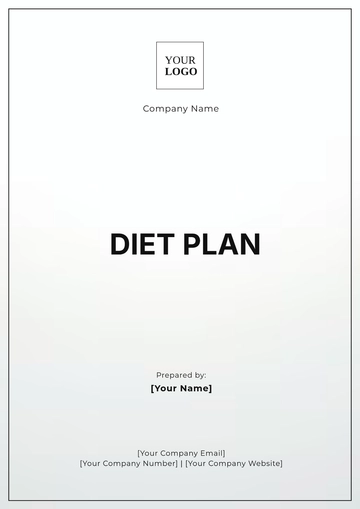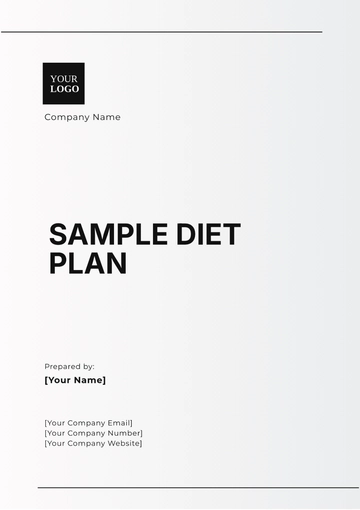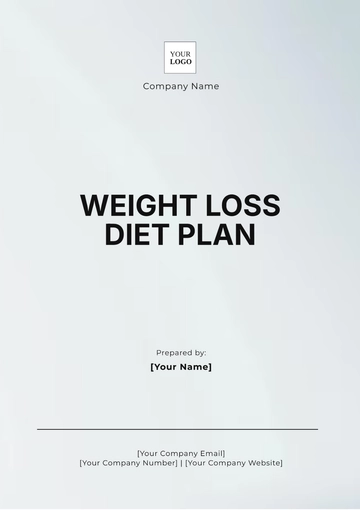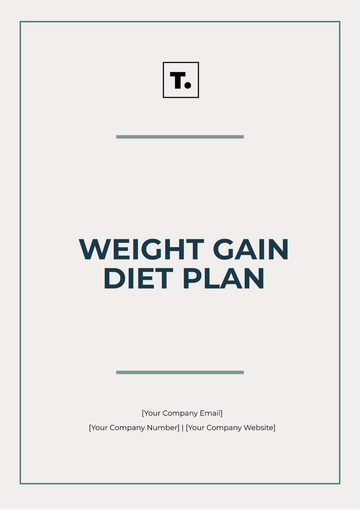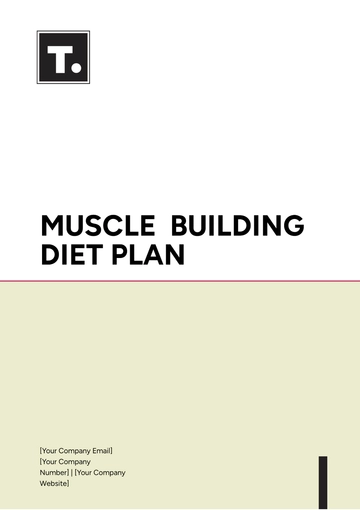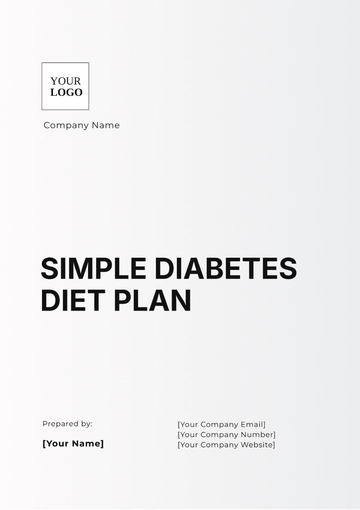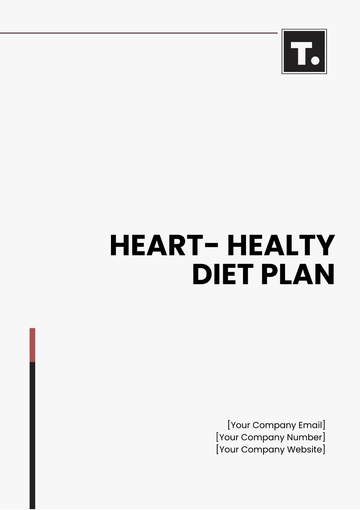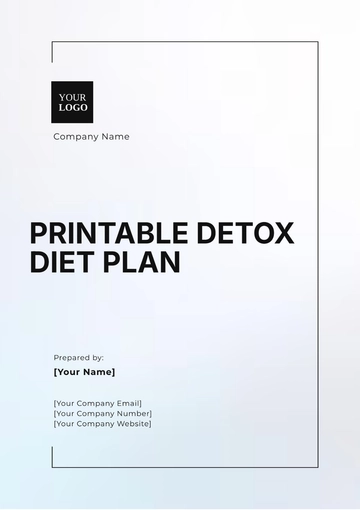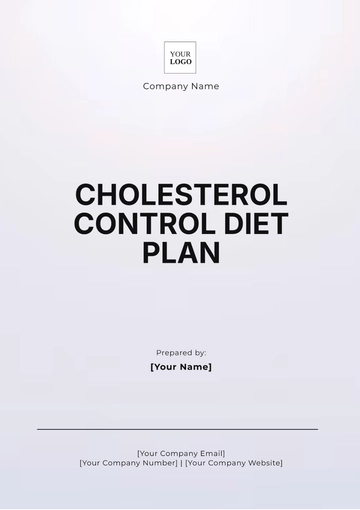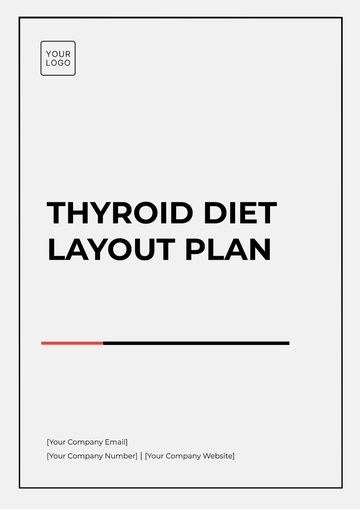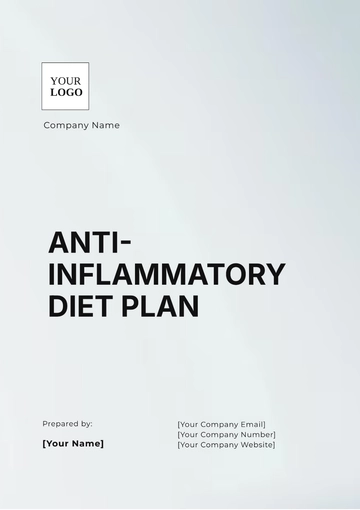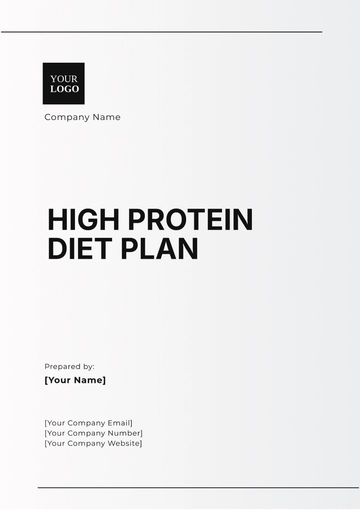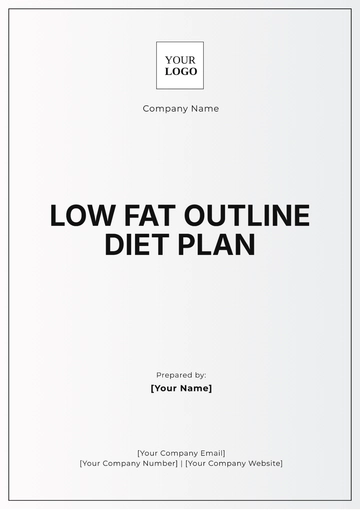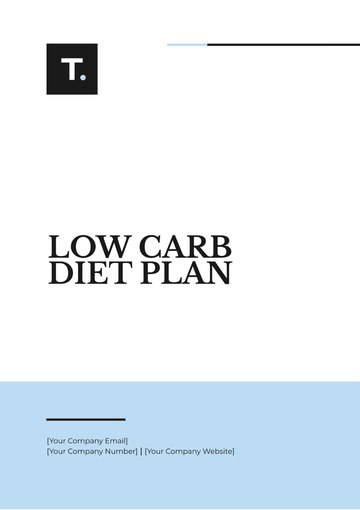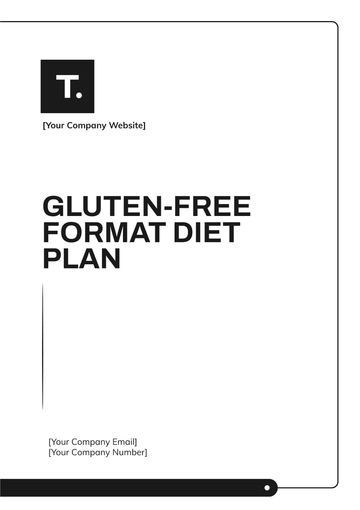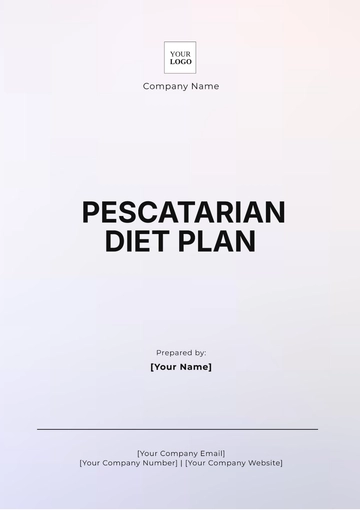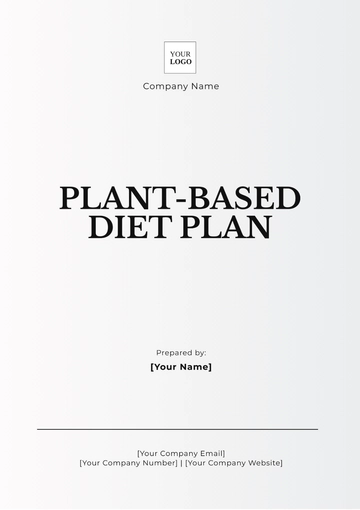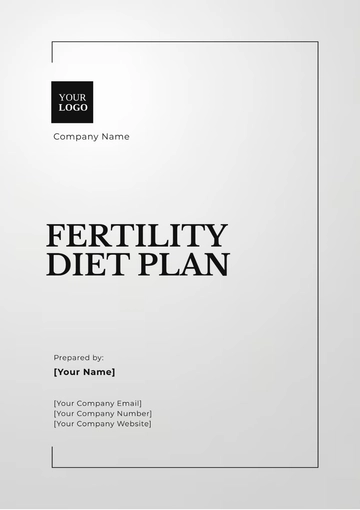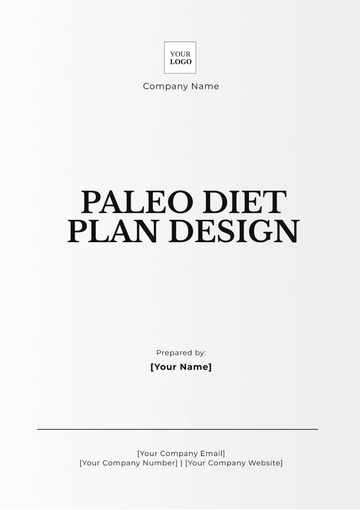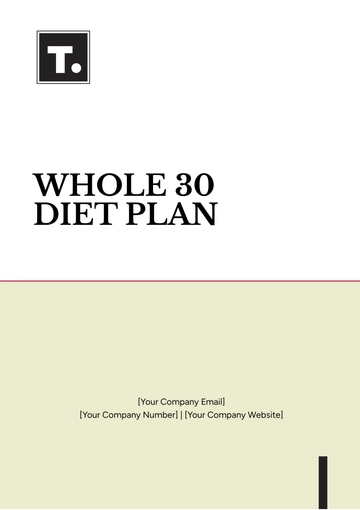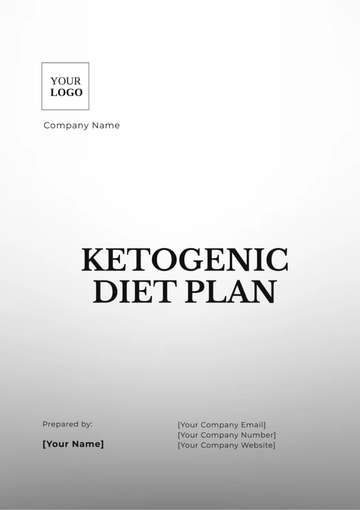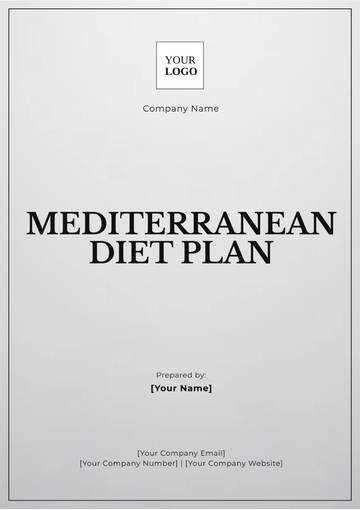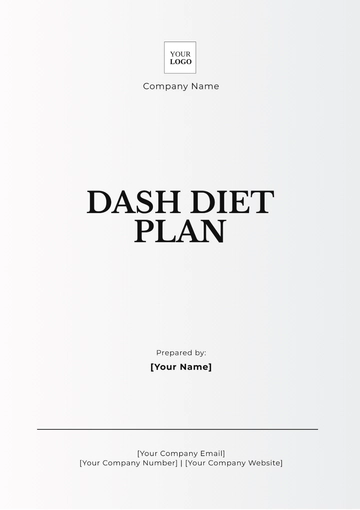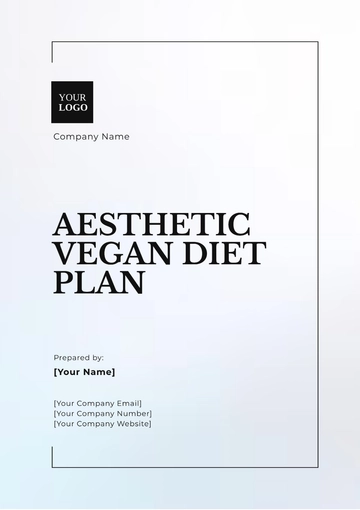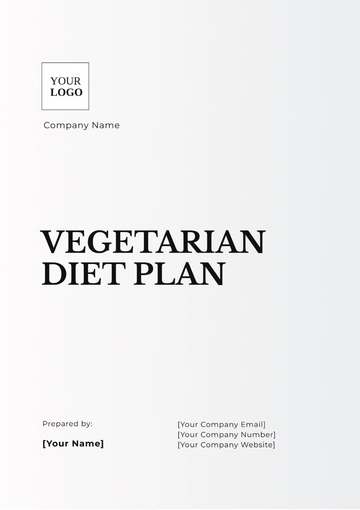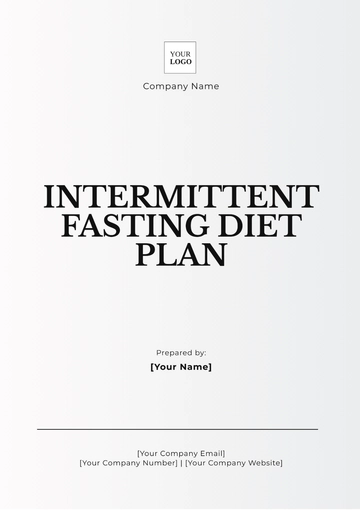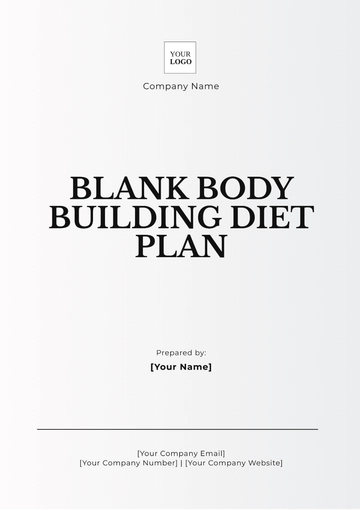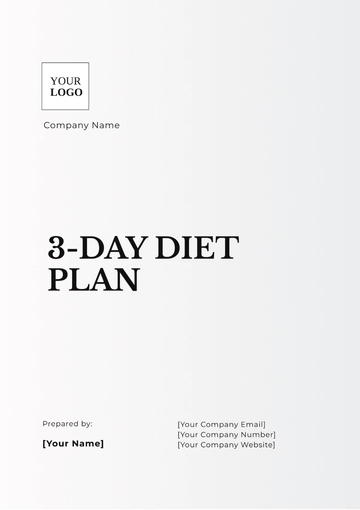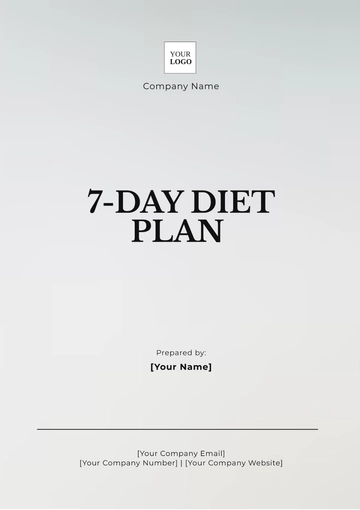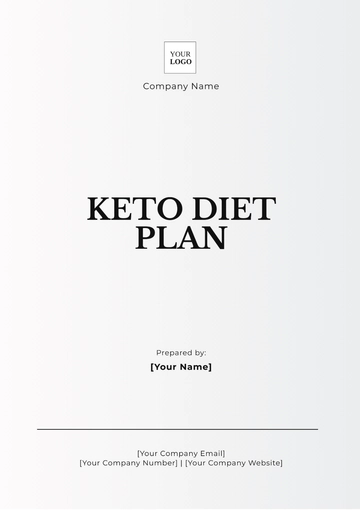Free Blank Bodybuilding Diet Plan
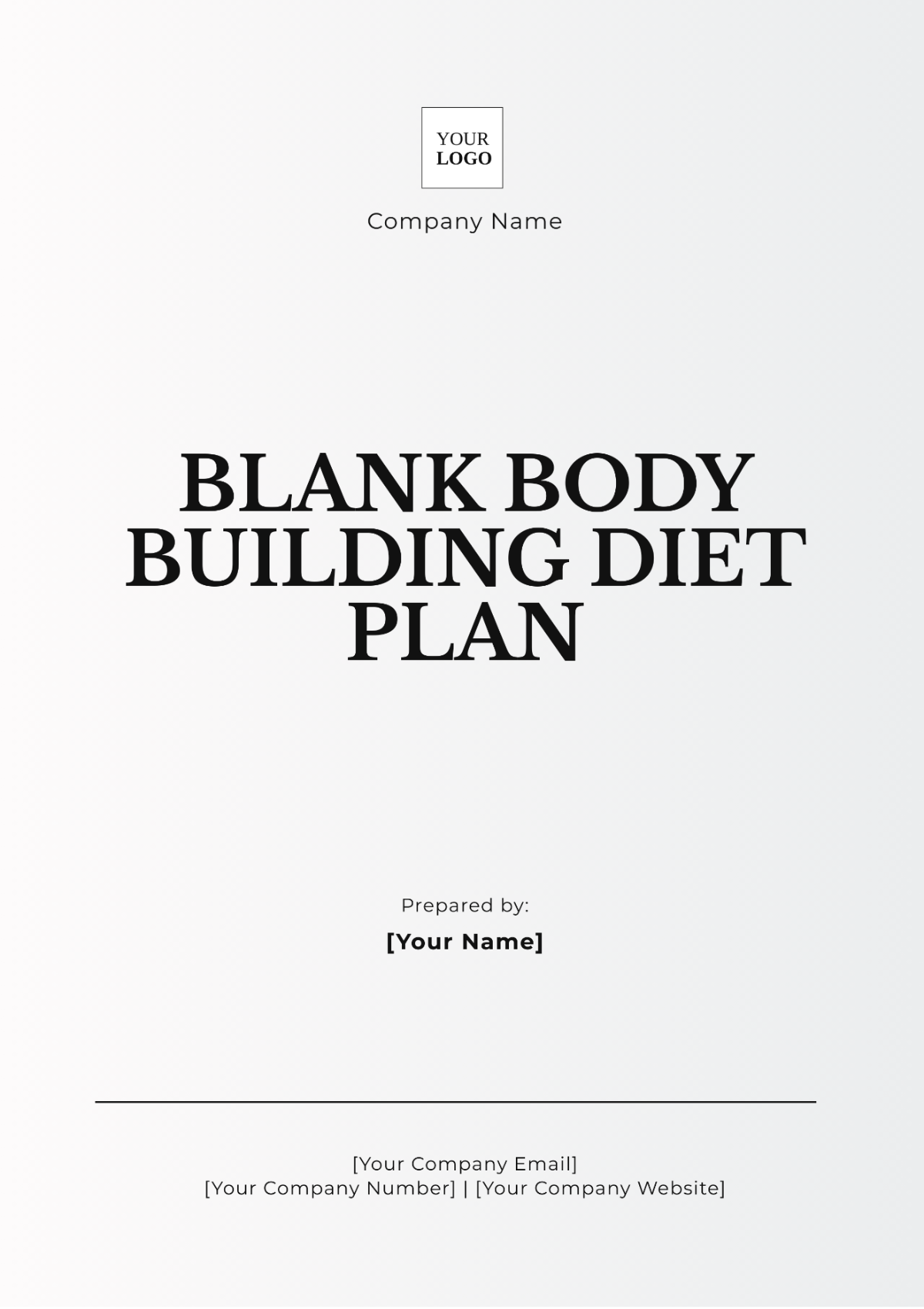
I. Introduction
Bodybuilding demands a meticulously designed diet plan that caters to muscle growth, recovery, and overall health. Proper nutrition not only fuels intense workouts but also accelerates recovery and promotes lean muscle mass development. This plan delves into key elements such as macronutrient distribution, meal timing, supplementation, and strategic food selections to help you maximize your bodybuilding results.
II. Macronutrients
Achieving the right balance of macronutrients—protein, carbohydrates, and fats—is fundamental in any bodybuilding diet plan. These macronutrients work synergistically to enhance muscle development, provide energy, and support overall well-being.
1. Protein
Protein is the building block for muscle repair and growth. It’s essential to consume enough protein daily to sustain muscle hypertrophy and recovery. For bodybuilders, the recommended intake is between 1.6 and 2.2 grams per kilogram of body weight, depending on activity levels and training intensity.
Top Protein Sources:
Chicken breast: lean and packed with high-quality protein
Turkey: low in fat, ideal for lean muscle growth
Fish (salmon, tuna): rich in omega-3 fatty acids and protein
Eggs: a Complete protein source containing all essential amino acids
Low-fat dairy (Greek yogurt, cottage cheese): Provides protein and calcium
Plant-based options (tofu, lentils, tempeh): great for vegan athletes
2. Carbohydrates
Carbohydrates are your body’s primary energy source, especially for high-intensity workouts. They replenish glycogen stores post-exercise, ensuring you have the energy for muscle recovery and future training sessions. Aim for complex carbohydrates over simple carbs for sustained energy release throughout the day.
Top Carbohydrate Sources:
Oats: high in fiber and slow-digesting carbs
Brown rice: a low-GI carb that supports steady energy levels
Sweet potatoes are Rich in vitamins and slow-releasing carbohydrates
Quinoa: A complete protein and carbohydrate source, ideal for muscle repair
Whole wheat bread provides fiber and long-lasting energy
3. Fats
Healthy fats play a crucial role in hormone production, including testosterone, which is vital for muscle growth. They also support joint health and reduce inflammation. Incorporating unsaturated fats in your diet is key for both muscle gain and general well-being.
Top Fat Sources:
Olive oil: a great source of monounsaturated fats, ideal for heart health
Avocados: Rich in healthy fats and fiber
Nuts and seeds (almonds, chia seeds, flaxseeds): packed with omega-3 fatty acids
Fatty fish (mackerel, sardines): loaded with omega-3s for muscle repair and anti-inflammatory properties
III. Meal Timing and Frequency
Strategic meal timing can enhance workout performance and improve recovery. Ensuring the body is fueled properly throughout the day will help maximize muscle protein synthesis and provide consistent energy.
1. Pre-Workout Nutrition
Eating a balanced meal 2-3 hours before your workout ensures your body has sufficient glycogen stores and amino acids for muscle repair. Focus on a combination of carbohydrates and lean protein for optimal energy and endurance.
Pre-Workout Meal Examples:
Grilled chicken with brown rice and steamed vegetables
oatmeal topped with berries and a scoop of protein powder
2. Post-Workout Nutrition
Consuming a nutrient-rich meal within 30 minutes post-workout aids in muscle recovery and replenishes glycogen stores. The combination of protein and fast-digesting carbohydrates is ideal for recovery.
Post-Workout Meal Examples:
Protein shake with a banana or a spoonful of honey
Grilled salmon with sweet potatoes and steamed greens
3. Daily Meal Frequency
Eating 5-6 smaller meals throughout the day can help maintain a steady flow of nutrients to your muscles, keeping energy levels stable and supporting muscle growth and recovery.
IV. Sample Daily Meal Plan
Meal | Food |
|---|---|
Breakfast | Scrambled eggs with spinach and whole grain toast |
Mid-Morning Snack | Greek yogurt with nuts |
Lunch | Grilled chicken salad with mixed greens and quinoa |
Afternoon Snack | Cottage cheese with fruit |
Dinner | Grilled salmon with steamed broccoli and brown rice |
Evening Snack | Protein shake with almond milk |
V. Hydration
Proper hydration is essential for optimal muscle function, endurance, and recovery. Dehydration can impair performance, increase fatigue, and slow down muscle recovery. Bodybuilders should aim to consume at least 3-4 liters of water per day, with additional fluids during and after workouts.
VI. Supplements
While the focus should be on whole foods, certain supplements can help enhance your bodybuilding progress by filling nutrient gaps or improving workout performance.
Top Supplements for Bodybuilders:
Whey Protein: A fast-digesting protein that promotes muscle recovery and growth
Creatine increases strength, power, and endurance during high-intensity workouts
Branched-Chain Amino Acids (BCAAs): Helps prevent muscle breakdown and aids recovery
Multivitamins: Ensures you get all essential micronutrients for overall health
VII. Conclusion
A well-structured bodybuilding diet plan is crucial for achieving your fitness goals. By focusing on a balanced intake of macronutrients, proper meal timing, hydration, and strategic supplementation, you can optimize muscle growth, enhance recovery, and promote long-term health. Stick to your plan consistently and adjust based on your individual progress and needs.
- 100% Customizable, free editor
- Access 1 Million+ Templates, photo’s & graphics
- Download or share as a template
- Click and replace photos, graphics, text, backgrounds
- Resize, crop, AI write & more
- Access advanced editor
Elevate your fitness journey with the Blank Bodybuilding Diet Plan Template, designed for athletes and enthusiasts alike. This customizable template allows you to tailor your nutrition plan to meet specific goals, ensuring optimal results. Easily downloadable and printable, it provides a convenient way to track your meals and macros. Plus, it’s editable in our AI Editor Tool for seamless adjustments. Achieve your bodybuilding dreams today, offered by Template.net!
